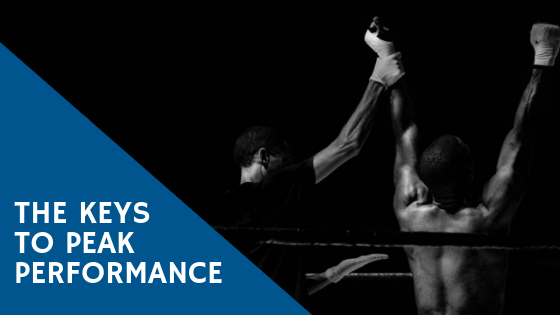[et_pb_section fb_built=”1″ _builder_version=”3.22″][et_pb_row _builder_version=”3.25″ background_size=”initial” background_position=”top_left” background_repeat=”repeat”][et_pb_column type=”4_4″ _builder_version=”3.25″ custom_padding=”|||” custom_padding__hover=”|||”][et_pb_text _builder_version=”4.4.2″ background_size=”initial” background_position=”top_left” background_repeat=”repeat” hover_enabled=”0″]

As I returned from 2 days of training in the keys to peak performance at the US Olympic Training Center (USOTC) in Colorado Springs, and thought I would share some of what I learned from this amazing experience. The USOTC is home to some of the world’s finest coaches, trainers, sports psychologists, physical therapists, and yes, athletes. What we learned about elite athletes and how they train is directly relevant to how you can become an elite business owner.
The most interesting lessons I learned came from a US Volleyball coach, who shared several secrets of success in training teams of elite athletes. The most important key he shared is the difference between the athletes on the podium, the medal winners, and those that only get to watch the medal ceremony. In his estimate, 80% of the time the difference is their coaches, or more accurately, the coaching style of their coaches. In athletics, there are two main styles of coaching – pure outcome focused, which is all about winning, posting the best time, scoring the most points, and the other style is based on mastery and a task focus, breaking down the sport into the individual steps and mastering each component of the process, then putting them together in the correct sequence. In business, this cannot be stressed enough, as the best companies are the ones who do the little things right, every time. By focusing on the core components that make up each area of your business – sales, marketing, finances, team, operations, and products – you can create consistent performance by your team which results in consistent delivery to your customers, and by continuing to improve each component, you improve your results exponentially over time.
My next favorite trainer was a sports psychologist, who shared amazing insights into the psyche of these elite athletes, from individual performers to stars on top teams. One of the insights related to the power that giving way to negative thinking can have on us. Studies have shown that it can take up to 12 positive statements to overcome a single negative thought. She taught us the practice of “thought stopping”, a 3 step process for overcoming negative thinking that holds us back. The first step is to recognize the negative thoughts, the second step is to say or think “Stop”, and the third step, which is the one we most often forget to perform, is to replace the thought with a new, positive one. To make the new thought as powerful as possible, be sure it is task focused, and not outcome focused (do you notice the trend here). She also shared the following survey results (very unexpected results) from anonymous surveys conducted after the 1996, 1998, and 2000 Olympics.

The last concept I want to share today is what we call the Peak Performance Triangle. The three points of the Peak Performance Triangle are mindset, tactics, and techniques. When you look at your business and your leadership of it, how consistently are you executing the techniques required to perform your key tasks flawlessly. How are you training your employees in the techniques, how are you measuring the performance? Once you have mastered the execution, what tactics are you using to consistently deliver stellar products and services to your customers? How are you marketing to position your company ahead of the competition, how are you delivering faster, cheaper, and better? Now that you have mastered the techniques, trained your staff in them, and identified the tactics to get your products in the hands of the right customers, what are you doing with your team to ensure that they have a continuous improvement mindset? What have you done to build a culture of excellence into your business, one that everybody embraces and whole-heartedly participates in?
If a 15 year old gymnast can master the basic principles in the gym, so can you, in your business. It is simply a matter of choice – you can focus on always just trying hard to win, or you can focus on mastering the techniques and tactics that will allow you to perform at peak levels for long periods of time, the true measure of business success.
Author: Mark McNulty, Louisville Business Coach
[/et_pb_text][/et_pb_column][/et_pb_row][/et_pb_section]

